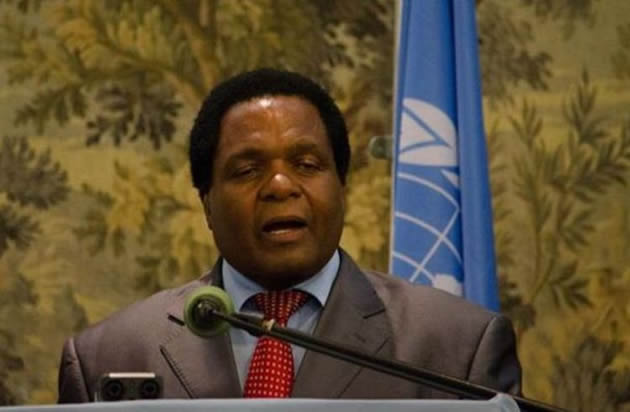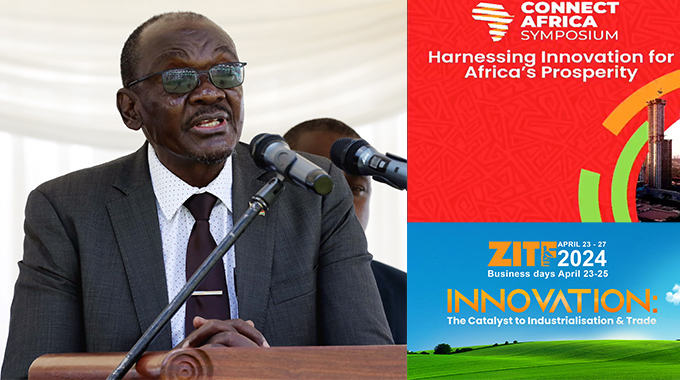SEZ Bill awaits Parliament approval

Oliver Kazunga, Senior Business Reporter
THE Special Economic Zones (SEZs) Bill will soon be taken to Parliament for final debate after completion of public consultations, a senior government official said yesterday.
It is envisaged that through the SEZs Act, the country will among others be able to attract much needed Foreign Direct Investment (FDI), enhance exports, create employment as well as bring in new technology and ensure technological transfer.
Permanent Secretary in the Ministry of Macro-Economic Planning and Investment Promotion, Desire Sibanda, said the second reading of the Bill in Parliament was done recently.
“The Bill has since been taken for public consultations before final debate in Parliament. Regulations and an incentive package for investors that will fall under the SEZs are being crafted,” he told Business Chronicle at the Zimbabwe International Trade Fair, which ends tomorrow.
He said a SEZ board would soon be appointed paving way for the establishment of the SEZ authority.
Responding to remarks by the Zimbabwe Investment Authority (ZIA) chairman Nigel Chanakira during the International Business Conference on Wednesday, that there is no need for the government to set up a SEZ board to oversee the implementation of SEZs, Sibanda said:
“Some people aren’t aware that the envisaged SEZ authority like some state-owned entities isn’t a loss-making parastatal.
“There’s need to establish a SEZ board as it will be an independent commercial body comprising experts in investment financial analysis, finance and international investment and ZIA can’t do that”.
He said the SEZ board shall among other responsibilities be responsible for identification of international financial investment analysis for big companies anticipated to invest in different sectors under the SEZ concept.
Given the prevailing economic climate, Sibanda said he hoped that the SEZ concept would rejuvenate industries in different parts of the country including Bulawayo.
Once the country’s industrial hub, Bulawayo has been hardest hit by de-industrialisation in recent years resulting in over 22,000 workers losing jobs.
Sibanda said SEZs offer a long-term solution to economic growth by attracting capital, for example, investment in new factories or investment in infrastructure like roads and telephones, discovering and exploitation of new raw materials, which companies can process into finished products.
“This will be in line with the government’s economic blueprint, Zim-Asset that is, among others, premised on value-addition and beneficiation. Exploitation and processing of raw materials will also be in line with the Africa Vision 2063, which calls for countries on the continent not to depend on export of raw materials,” he said.
Under the SEZ concept, the government is working on an incentive package for all sectors such as diamond cutting and polishing sector and incentives for firms in power generation.
Zimbabwe continues to grapple with tight liquidity challenges attributable to falling disposable incomes, depressed consumption and low aggregate demand.
“On the demand side, private consumption remain subdued whilst public consumption will also continue to be affected by depressed economic activity and low revenue performance,” Sibanda added.
He said the scope of SEZs in Zimbabwe shall focus on those types which provide trickle down industries in the targeted areas.
Tanzania and China are some of the countries that have successfully implemented the SEZ concept.











Comments